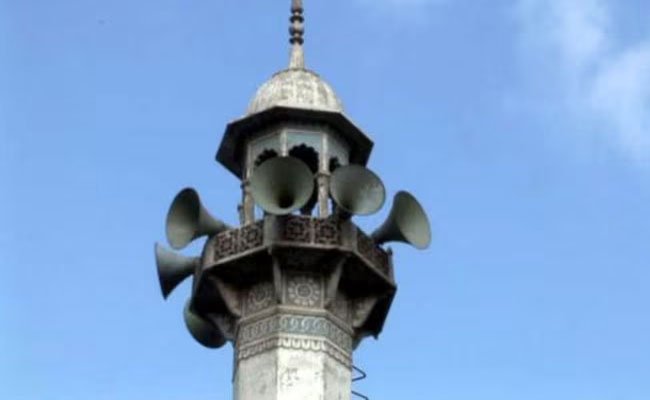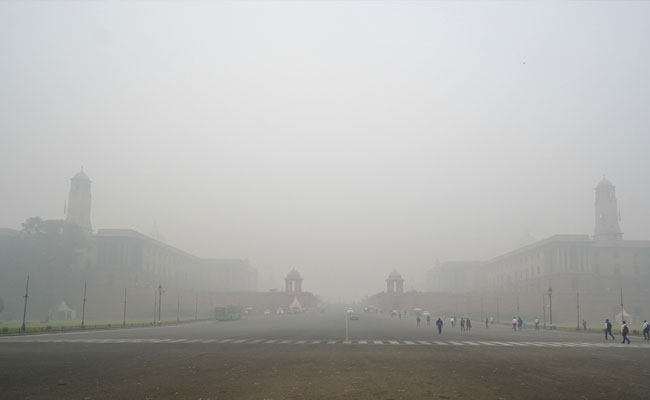NEW DELHI : Despite scoring well in Jamia Millia Islamia (JMI) school board examinations, Mohammad Aamir Ali failed to get admission to a BTech course for three consecutive years.
After the first failed attempt, he took admission in JMI’s Diploma in Mechanical Engineering. This was followed by two more unsuccessful attempts for admission to a BTech course.
Despite his “failures”, Aamir’s passion for science and technology led him to work on a project on electric vehicles.
Highest salary package
The project caught the attention of a United States-based firm and the student bagged a job as a battery management system engineer at Frisson Motor Werks at Charlotte in North Carolina at an annual package of $1,00,008 (approximately ₹70 lakh). The university said this is the highest salary package for any Diploma in Engineering student at JMI since its inception.
His father Shamshad Ali, an electrician at JMI, said, “Aamir would ask questions on functioning of electrical equipment and electricity that even I could not answer despite being an electrician. I always told him to work hard. I am very happy for him today.”
Charging infrastructure
Speaking about his project, Aamir said, “Electric vehicles are my passion. Lack of charging infrastructure is the basic problem faced by electric vehicles in India. If I succeed in my research, the cost of charging electric vehicles will become nearly zero.”
His professors and guidance counsellors at JMI were so impressed with his project that they got his work uploaded on the university website. Frisson Motor Werks learnt about Aamir’s project through the university website and approached JMI.
“After one month of communication via social media platforms, Skype and rounds of telephonic interviews, the company decided to hire Aamir as a battery management system engineer,” said JMI placement officer Rihan Khan Suri.
courtesy : thehindu.com
Let the Truth be known. If you read VB and like VB, please be a VB Supporter and Help us deliver the Truth to one and all.
Jamshedpur (PTI): One person was arrested on the charge of raping a 30-year-old woman with speech impairment in Jamshedpur, a police officer said on Tuesday.
The incident occurred in the Azadnagar police station area of the city, and a case in this regard was registered based on the statement of the victim's brother on Monday.
The victim had gone to fetch water from the premises of a company on Monday evening. When she did not return even after a considerable time, family members went out in search of her and caught the accused red-handed, police said.
ALSO READ: BJP accuses Karnataka govt of 'failing' to prevent noise pollution caused by 'azaan'
The accused was a caretaker of the company.
Deputy Superintendent of Police (Patamda) Bachandeo Kujjur said due to scarcity of water in the area, the victim used to fetch water from the premises of the company.





